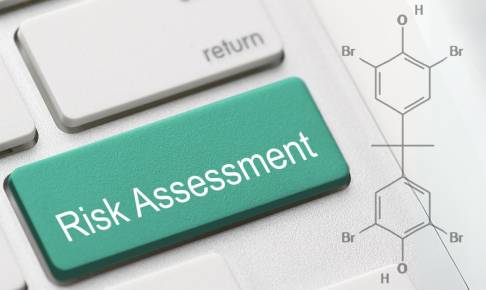Novel food: EFSA’s updated guidance open for comments
The European Food Safety Authority (EFSA) has announced the update of its scientific guidance on the requirements for applications seeking authorization of novel foods. The draft guidance, which is open for public comments until April 14, 2024, aims to provide clear instructions and criteria for applicants in demonstrating the safety of novel food products under Regulation (EU) 2015/2283.
The updated guidance document, requested by the European Commission to EFSA, outlines the specific scientific information that applicants need to provide to demonstrate the safety of their novel food products. It covers various aspects, including the description of the novel food, production process, compositional data, specifications, proposed uses and use levels, and anticipated intake.
Additionally, the guidance highlights the importance of including information on the history of use of the novel food and/or its source, absorption, distribution, metabolism, excretion, toxicological information, nutritional information, and allergenicity. If any of these data are not included in the application, the applicant must provide a justification for their omission.
Applicants must iinterpret the data presented in the various sections to form a comprehensive evaluation of how the provided information supports the safety of the novel food within the intended usage conditions.
Potential health hazards identified during the assessment should be discussed in relation to the anticipated intake of the novel food and its intended target populations. EFSA will conduct a thorough evaluation considering the proposed conditions of use and determining whether the novel food is safe for consumption.
This update in EFSA's guidance reflects the European Union's commitment to ensuring the safety of novel food products entering the market. By establishing clear scientific criteria and requirements, the EU aims to protect consumers and maintain high standards of food safety. The public comment period provides an opportunity for stakeholders and interested parties to contribute their input and expertise to the development of the final guidance.
Source:






















